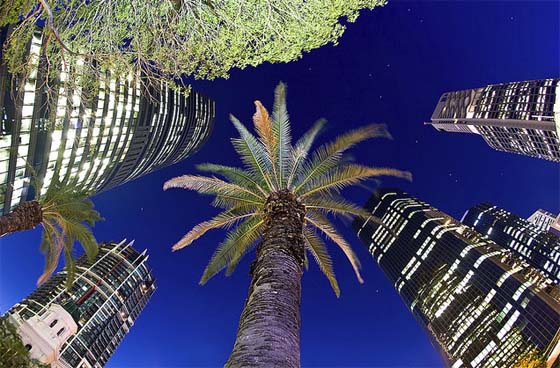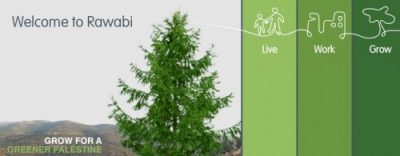 Dubai has hardly been noted for its energy-saving green buildings. But new regulations are about to change that.
Dubai has hardly been noted for its energy-saving green buildings. But new regulations are about to change that.
Dubai’s Energy Council has just announced the passage of new green building regulations that were initially proposed a year ago. These tough new building codes could reduce energy consumption by almost a fifth, according to Amal Koshak, senior manager for demand management at Dubai’s Electricity and Water Authority (DEWA).
“It was approved a month ago by the executive council, and there is a 3 years grace period, and the expected savings are 20 percent for electricity, and 15 percent for water,” Koshak told Middle East Utilities on Monday.
New buildings will have to comply with a range of conservation measures, from energy efficient lighting, in the building itself, to participating in the creation of thermal storage in district cooling plants, similar to Sweden’s district heating (in reverse) that is a big part of that nation’s nearly 100% fossil-energy independence.
There is no shortage of architectural and engineering expertize in Dubai. The top firms from all over the world have competed to be the name behind the most extravagant architecture in the Middle East. With the completion in 2010 of the Burj Khalifa – at almost 3,000 feet tall – Dubai has by far the tallest building in the world.
Now these kinds of top firms will need to look to hire the kind of sustainable development talent that so seldom goes along with this kind of showy architectural design.
Initially, net zero fossil-use will not be mandated to begin with. But Koshak said that once a study commissioned by the Energy Council is completed, on-site renewable energy (most typically: solar panels) will become mandatory as well.
Any new building would then have to produce the energy needed to run it, along with the already mandated greater efficiency that can be achieved through 21st century insulation (even using regional waste products like rice straw), energy storage, slow glass, phase-changing walls, on-site solar thermal air conditioning, combined heat & power, and hundreds of other energy saving technologies now being developed and deployed worldwide.
Just one example would be Ice Energy‘s distributed energy storage on commercial buildings for air conditioning. Coupled with the wind power that Egypt has in abundance (which tends to blow at night) that it is just about to develop, and the new grid the world bank is helping the Gulf States build, to send it to Dubai: that one technology alone would have the potential to shift as much as 40 percent of peak energy demand to off-peak hours.
Likewise, the water rule alone could boost the many kinds of water saving technologies that have made Israel the world leader in water efficiency.
The new codes only apply to commercial buildings such as resorts, hotels, retail and office buildings. Private villas which will still “not need to equipped with lighting or heating, ventilation and air conditioning (HVAC) controls”.
However, even excluding private villas – and presumably, hastily-thrown-together shanty towns with neither heat not light – the energy rule is likely to have major ramifications for the deployment of international cleantech.
Image: Vision and Imagination
Some sustainable cleantech companies that could help Dubai:
Ecowash M.E.: Wash Your Car In A Water-Parched Desert
Linum Systems: Makes Cool from the Heat of the Sun
PowerSines: Saves On Industrial-Scale Lighting Costs and Greenhouse Gas Emissions



